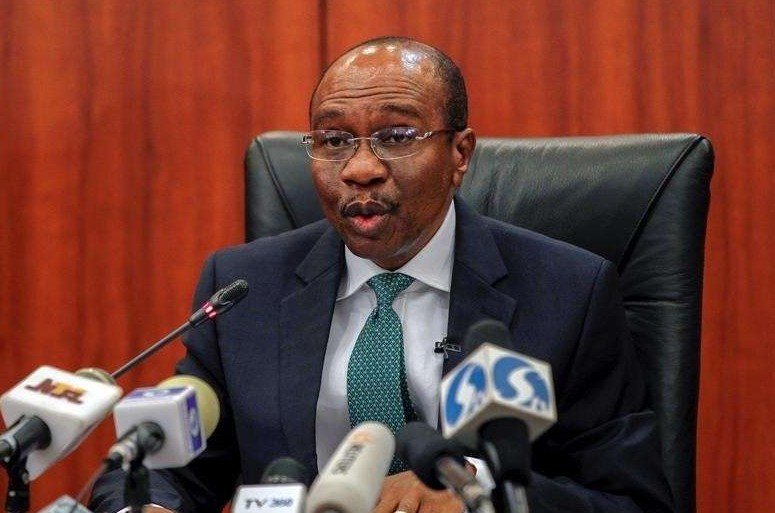The Central Bank of Nigeria (CBN) has launched an investigation into the activities of some commercial banks over the alleged misuse of N1.27 trillion intervention funds meant for various sectors of the economy. The probe is part of the ongoing investigation of the apex bank by a Special Investigator appointed by President Bola Tinubu.
CBN releases financial accounts amid probe
The CBN had released its financial accounts for the years 2016 to 2022 in August, amid an ongoing probe of the financial services sector regulator by a former Chief Executive Officer of the Financial Reporting Council of Nigeria, Jim Obazee. Tinubu had appointed Obazee as Special Investigator to investigate the activities of the CBN under its suspended governor, Godwin Emefiele, on July 28, 2023.
The President said the move was in continuation of the government’s anti-corruption fight and that Obazee was to report directly to his office. He also attached a copy of his directive suspending Emefiele as Governor of the CBN on June 9, 2023.
The President said Obazee was to investigate the CBN and related entities using a suitably experienced, competent and capable team and work with relevant security and anti-corruption agencies to deliver on the assignment. He also said he expected a weekly briefing on the progress being made.
Discrepancies and irregularities found in CBN accounts
According to findings by The PUNCH, the CBN Special Investigator is working with a team of accountants, auditors, and forensic accountants to carry out the investigation. The team has discovered discrepancies and irregularities in the financial accounts of the apex bank, which may lead to the withdrawal of its audited annual financial reports.
The team is also looking into the management of intervention funds by deposit money banks, which are supposed to disburse them to various sectors such as agriculture, manufacturing, power, health, aviation, and others. The intervention funds are meant to stimulate economic growth, create jobs, and reduce poverty.
Bank CEOs may be invited for questioning
The PUNCH learnt that some bank CEOs may be invited for questioning by the Special Investigator in an effort to ascertain any discrepancies around the management of intervention funds by deposit money banks. The team is also interested in finding out if there was any collusion or connivance between some bank officials and some CBN officials in the disbursement or diversion of the funds.
Findings by The PUNCH showed that N1.27 trillion intervention funds sit in the accounts of five banks. This was based on an analysis of the half-year financial statements of Access Bank, Fidelity Bank, Guarantee Trust Bank, United Bank for Africa, and Zenith Bank.
The analysis revealed that these five banks had a combined balance of N1.27 trillion in their intervention fund accounts as at June 30, 2023. This amount represents about 14 percent of their total deposits of N9.07 trillion as at the same date.
The intervention fund accounts are separate from the regular deposit accounts and are subject to different interest rates and terms. The banks are expected to lend out these funds to eligible beneficiaries at concessionary rates and repay them to the CBN at specified intervals.
However, it is not clear if these banks have fully complied with the terms and conditions of the intervention funds or if they have used them for other purposes. The Special Investigator is expected to unravel these issues and determine if there was any breach of trust or fiduciary duty by the banks or the CBN.
Implications of the probe for the banking sector
The probe of the CBN and some banks over the intervention funds may have implications for the banking sector and the economy at large. Some experts have expressed concerns that the probe may affect the confidence and stability of the banking system, which is already facing challenges such as rising non-performing loans, low capital adequacy ratios, and liquidity pressures.
Some experts have also warned that the probe may disrupt the flow of credit to critical sectors of the economy, which are still recovering from the effects of the COVID-19 pandemic and other shocks. They have advised that the probe should be conducted with caution and professionalism to avoid creating panic or uncertainty in the financial markets.

